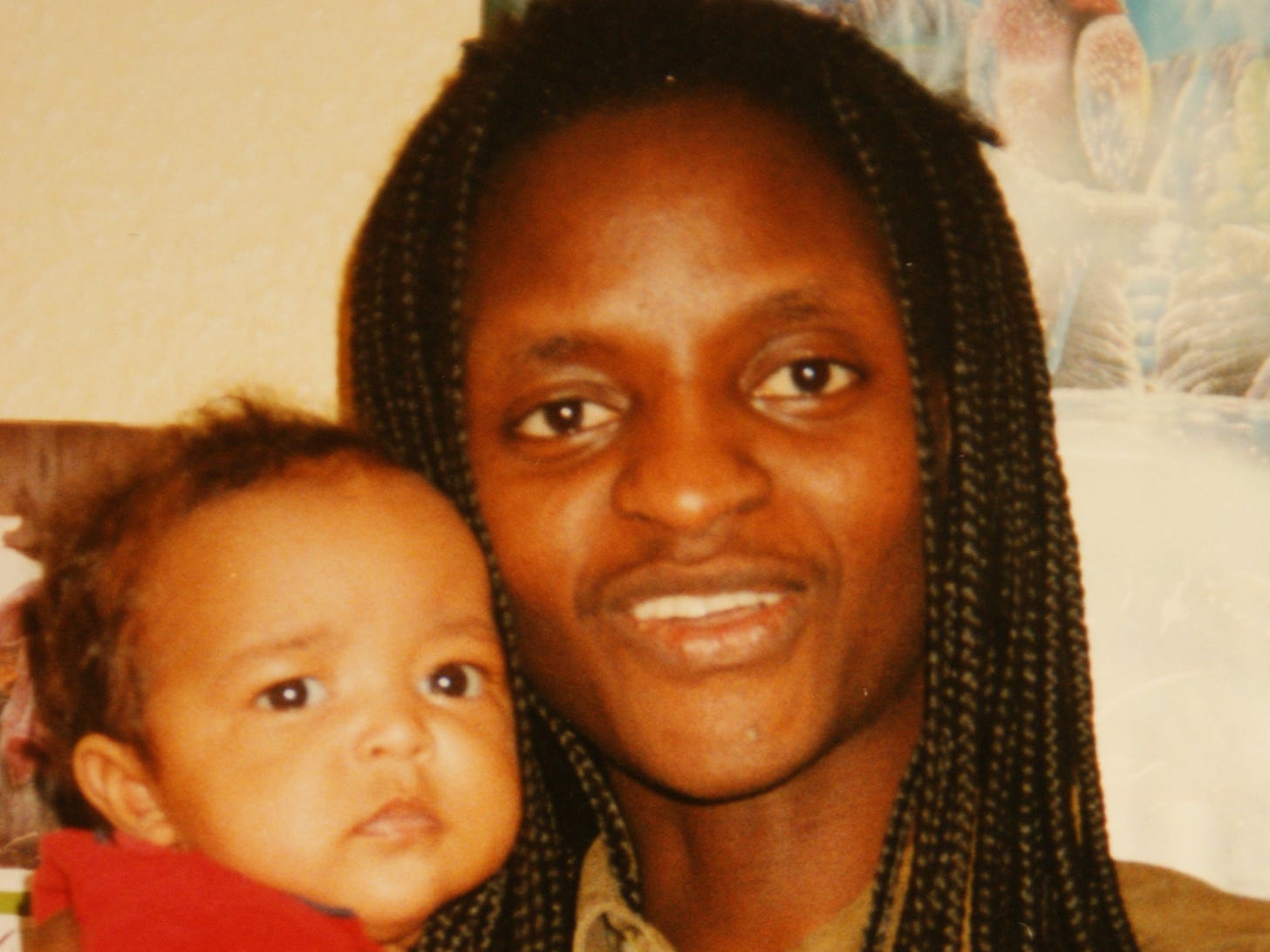Rewriting the Story My Mother Sold: The Damage of White Saviourism and Media Myth-Making
When the MailOnline revisited her parents’ story, Misti Naseku ‘Mirror’ Lekimenju quickly found herself the target of viral far-right racism
I recently found myself at the centre of a MailOnline headline: “I Dumped My Husband After Falling Madly in Love with a Masai Warrior on Holiday in Kenya… We Wed and Had a Daughter. What Happened Next Was Heartbreaking.”
I am that daughter. And what happened next wasn’t just heartbreaking — it was horrifying.
The story of my parents' relationship has resurfaced decades after the tabloids first sensationalised it, dragging my family back into the spotlight and pulling me, once again, into a narrative I never chose. This time, the consequences have been public, personal, and deeply painful.
In the 1990s, the British press couldn’t get enough of the story: a white woman leaves her husband in the UK, travels to Kenya, and marries a Maasai "warrior." The tabloids called it romantic, mad, tragic.
Headlines like “MASAI HUBBY’S SWAPPED ME FOR MUD HUT” (Daily Record, 1996) and “Our little Masai Misti; Baby Daughter Seals Happiness of Extraordinary Mum Who Found Love with Her Kenyan Warrior” (Daily Mirror, 1995) turned my parents into a media fantasy — with my mother cast as the brave heroine, and me a headline before I could speak.
I hadn’t even spoken my first word before I was publicly branded “Maasai Misti.” I was born into a headline — one that would follow me for the rest of my life.



